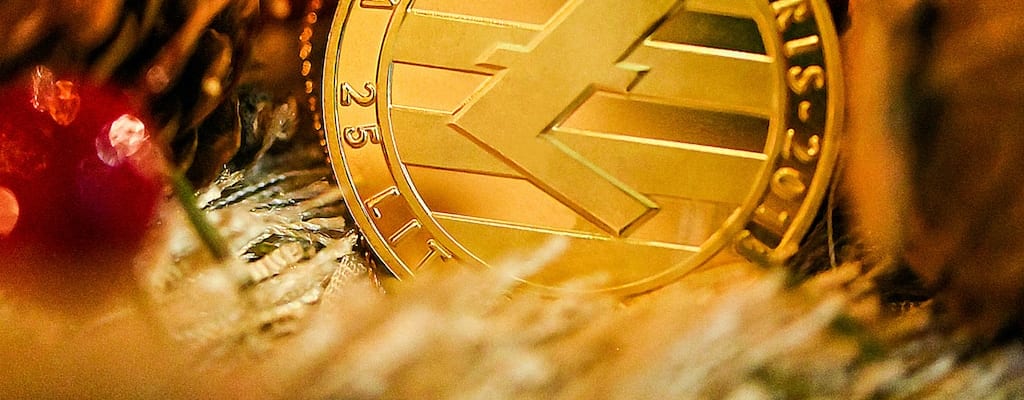Queer Street: Idiom Meaning and Origin
What does ‘Queer Street’ mean?
The idiom "Queer Street" means being in a difficult or uncomfortable situation, particularly with regards to financial matters.

Idiom Explorer
The idiom *rough patch* refers to a difficult or challenging period of time in someone's life or a situation. It implies that things are not going well and there are obstacles or problems to overcome.
An idiom often used to describe a person who is disliked or considered bad, with negative qualities or behavior.
The idiom "rod in pickle" means being in a difficult or troublesome situation, often due to one's own actions or choices.
The idiom "queer someone's pitch" means to ruin or spoil someone's plans or prospects, especially by interfering with their preparations or introducing unexpected difficulties.
The idiom "queer bashing" refers to the act of physically or verbally assaulting someone because of their perceived sexual orientation or gender identity.
The idiom "queer fish" is used to describe someone who is strange, eccentric, or unconventional.
The idiom "ox is in the ditch" means to be in a difficult or problematic situation that requires immediate attention or assistance.
The idiom "over a barrel" means to be in a difficult or unfavorable situation, with no control or ability to escape. It suggests being helpless or at the mercy of someone else's power or authority.
The idiom "out of pocket" means to be at a financial loss or to pay for something personally rather than using company funds. It is often used to express the idea of spending one's own money or being responsible for expenses that are not reimbursed.
The idiom "out of one's element" means to be in a situation or place where one feels uncomfortable or is not able to perform as well as usual.
FAIL
Queer Street is an idiom that describes a state of financial distress or difficulty. It originated in the early 19th century and is commonly used to describe individuals who are in debt or facing financial ruin. The phrase combines the word "queer," meaning strange or odd, with the word "street," which refers to an urban location. It conveys a sense of being in an unfamiliar, uncomfortable, or precarious situation.
There are several theories about the origin of the idiom. One theory suggests that it may have originated from the British slang term "queer," which was often used to mean counterfeit or fraudulent. In this context, being in "Queer Street" would imply that a person is dealing with fake or unreliable financial circumstances, leading to their downfall.
Another theory links the idiom to the infamous British blackmailer Stephen Quear, who operated in the 19th century. Quear targeted wealthy individuals and forced them into financial difficulties through blackmail. It is believed that his actions led to the popularization of the phrase "Queer Street" to describe the dire financial situations his victims found themselves in.
While the exact origin of the idiom remains uncertain, it gained popularity and crossed over to American English, where it is still in use today. It has become a part of everyday conversations, literary works, and newspaper articles, solidifying its place in the English language.
The phrase "in Queer Street" is commonly used to describe individuals or businesses facing financial challenges, such as heavy debt, bankruptcy, or economic decline. It signifies a state of financial hardship and potential ruin, emphasizing the uncertainties and risks involved in managing personal or business finances.
However, the usage of the idiom has evolved over time. It is now employed in a more figurative sense to describe being in a difficult or unfortunate situation beyond just financial troubles. It can be used to express someone's state of being in any unfavorable circumstance, whether it be personal, professional, or otherwise. The idiom's versatility allows it to capture a broader range of experiences and amplify the sense of vulnerability and uncertainty.
Queer Street is an idiomatic expression that has been passed down through generations. Its precise etymology may remain uncertain, but it continues to be widely used to depict financial hardship and unfavorable situations. The idiom carries historical and cultural connotations, while still leaving room for interpretation and personal experiences.
Additionally, the idiom "on the street" is another common expression related to Queer Street. It is used to describe someone who is homeless or living on the streets. In the context of financial distress, "on the street" can emphasize the extent of someone's dire situation, highlighting their lack of a stable living situation.
Furthermore, the phrase "queer fish" is another idiom that is related to Queer Street. It is used to describe someone who is strange, odd, or unconventional. When discussing financial difficulties, describing someone as a "queer fish" could suggest that their financial situation is peculiar, unusual, or even suspicious.
Example usage
Examples of how the idiom "Queer Street" can be used in a sentence:
1. After losing his job, John found himself in Queer Street, struggling to pay his bills.
2. With the unexpected expenses, they were forced into Queer Street, living paycheck to paycheck.
3. The economic downturn left many businesses in Queer Street, leading to closures and layoffs.
More "Finance" idioms



